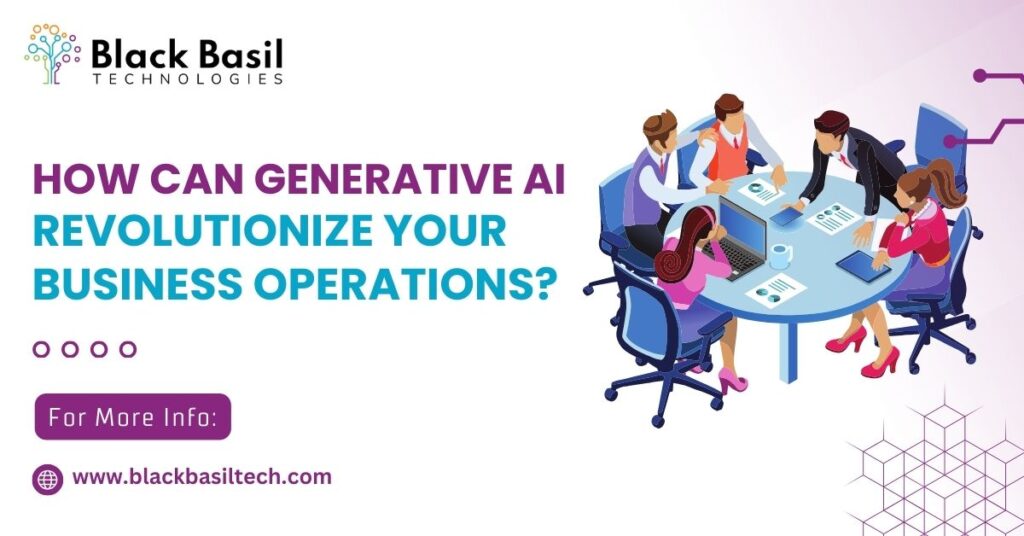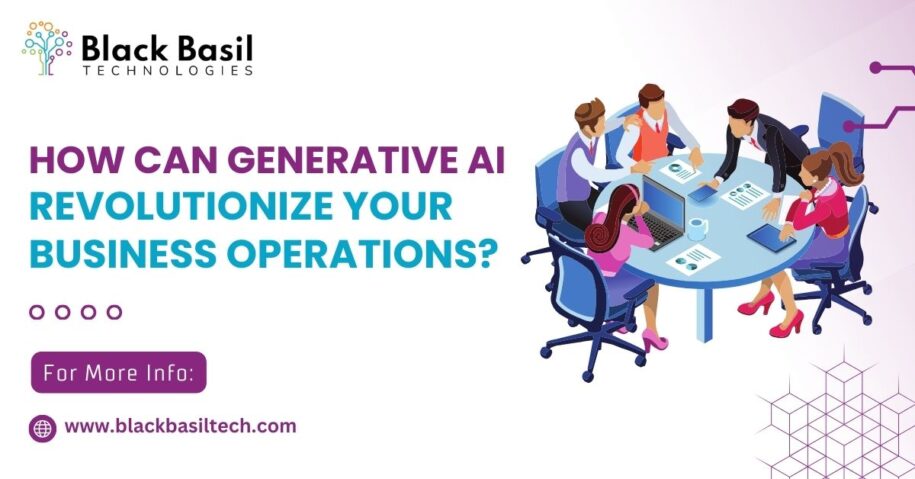
Generative AI for Enterprises: A Comprehensive Overview
Generative AI has emerged as a transformative force across industries, offering enterprises innovative solutions for automation, creativity, and enhanced decision-making. From revolutionizing customer experiences to streamlining business operations, the potential for generative AI to reshape enterprise functions is immense. This article explores generative AI for enterprises, delving into its applications in business and customer experience, the tradeoffs involved in implementation, and key considerations for enterprises embracing this technology.Generative AI for Business
Generative AI, leveraging machine learning models such as GPT (Generative Pre-trained Transformer) and GANs (Generative Adversarial Networks), enables businesses to automate and enhance various processes. For enterprises, the primary advantages include:
Automating Content Creation: Generative AI can produce high-quality content—ranging from blog posts to product descriptions—faster and more efficiently than manual processes. This automation allows businesses to focus on more strategic activities while ensuring consistent content delivery.
Product Design and Prototyping: In industries such as manufacturing, automotive, and fashion, generative AI is being used to create multiple design iterations based on input parameters, helping designers visualize and optimize new products.
Code Generation and Software Development: Generative AI tools like GitHub Copilot can assist developers by generating code snippets, helping enterprises accelerate software development processes and reduce human error.
Data-Driven Insights: AI-driven models can generate forecasts, identify trends, and offer insights by analyzing vast amounts of data, aiding enterprises in making informed decisions. For example, financial institutions use generative AI to predict market trends or optimize investment portfolios.
Generative AI for Customer Experience:

Key Considerations for Generative AI in Enterprises
Data Privacy and Security: The large volumes of data needed to train generative AI models raise concerns about data privacy and security. Enterprises must ensure compliance with regulations such as GDPR and CCPA to protect sensitive customer and business data.
Ethical AI Usage: As generative AI becomes more pervasive, enterprises need to consider ethical implications, including potential biases in AI-generated content and the risk of creating misleading or harmful information.
Scalability and Infrastructure: Implementing generative AI at scale requires robust infrastructure. Enterprises need to invest in high-performance computing and cloud solutions to support the processing power required for AI models.
Cost-Benefit Analysis: While generative AI can improve efficiency, it often requires significant investment in AI tools, infrastructure, and talent. Enterprises must assess whether the benefits of automation and AI-driven innovation justify the costs.
Tradeoffs in Balancing Generative AI Implementation
Customization vs. Efficiency: While generative AI allows for highly personalized customer experiences, such customization may come at the cost of processing speed and efficiency. Enterprises must decide how much personalization to offer without compromising operational efficiency.
Automation vs. Human Oversight: Generative AI can automate many tasks, but complete reliance on automation may reduce the need for human intervention in decision-making. Enterprises must determine the appropriate balance between automation and the need for human oversight to maintain quality control and avoid AI-driven errors.
Cost vs. Innovation: Generative AI implementations can be costly, particularly for large enterprises. Leaders must evaluate whether the innovation and long-term benefits outweigh the immediate financial and operational costs.
Challenges of Generative AI for Enterprises
Talent Shortage: The demand for skilled AI professionals is high, and there is a shortage of experts with the specialized knowledge required to develop, implement, and maintain generative AI systems.
Model Training Complexity: Generative AI models require significant computational resources and training data. The complexity involved in fine-tuning models to specific enterprise needs can pose a challenge, particularly for smaller organizations with limited resources.
Regulatory and Compliance Issues: Enterprises must navigate regulatory hurdles when implementing AI-driven technologies, especially in highly regulated industries such as healthcare and finance. Ensuring compliance with local and international laws while using generative AI remains a significant challenge.
Generative AI Use Cases in Enterprises
Healthcare: AI-generated medical reports and diagnostic tools enhance decision-making, allowing doctors to provide more accurate diagnoses.
Marketing: Generative AI produces personalized ad campaigns and automates content creation for more effective outreach. Finance: AI models in finance help generate risk assessments, forecasts, and insights, improving investment strategies and customer service.
Manufacturing: In the design and production phases, generative AI creates more efficient and cost-effective prototypes.
Generative AI offers tremendous potential for enterprises, driving innovation, efficiency, and improved customer experiences. However, successful adoption requires a careful balance of customization, automation, and human oversight. Enterprises must also consider the ethical, regulatory, and financial implications of generative AI before implementation. By navigating these challenges and tradeoffs effectively, businesses can unlock the full potential of generative AI and gain a competitive edge in an increasingly AI-driven market.



Leave a Reply